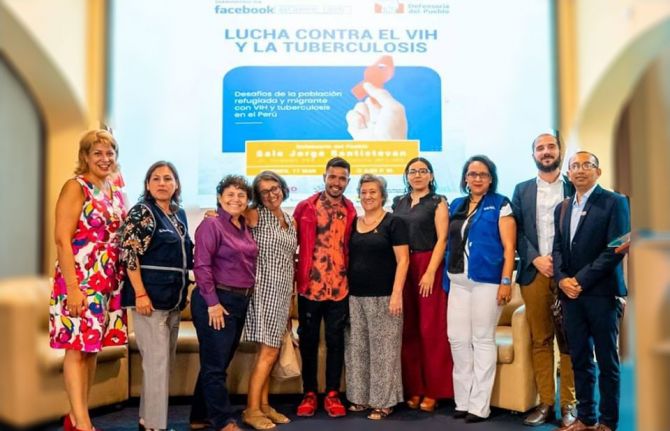

Update
Stepping up the pace on the removal of punitive laws to advance human rights and gender equality
21 July 2014
21 July 2014 21 July 2014Punitive laws and law enforcement practices continue to be barriers to effective HIV responses. On 21 July, a session at the 20th International AIDS Conference entitled No One Left Behind: Stepping up the Pace on the Removal of Punitive Laws to Advance Human Rights and Gender Equality explored how such laws are preventing individuals from accessing health and HIV services and are increasing their vulnerability to HIV infection.
The participants presented examples of existing punitive laws and the negative effects they are having among the most vulnerable populations. Participants also stressed that, even in countries where protective laws have been introduced to support HIV responses and uphold the rights of people living with HIV, women and girls, and key populations, their enforcement is often inappropriate and their impact remains limited.
At the session, the participants highlighted that, responding to these concerns, the UNAIDS 2011–2015 Strategy as well as the 2011 United Nations Political Declaration on HIV and AIDS called for laws and law enforcement that support effective HIV responses. From 2010 to 2012, the Global Commission on HIV and the Law conducted a review of laws and law enforcement practices globally and their impact on HIV responses, and issued bold recommendations for advancing human rights in the context of HIV.
Quotes
"At UNDP, we believe that laws grounded in human rights are essential in preventing HIV. It is essential to remove punitive laws in order to end this epidemic."
"Lawmakers often reject the epidemiological evidence out of ignorance or on ideological grounds. Leaders who accept the evidence and are willing to build and expand capital to promote reform are essential for change to occur."
"We need to be able to portray how restrictive human rights laws not only affect gay people but everyone else too."
"The criminalization of same-sex relationships, sex workers and drug users drives people away from services and fear of arrest drives people living with HIV to hide underground."



